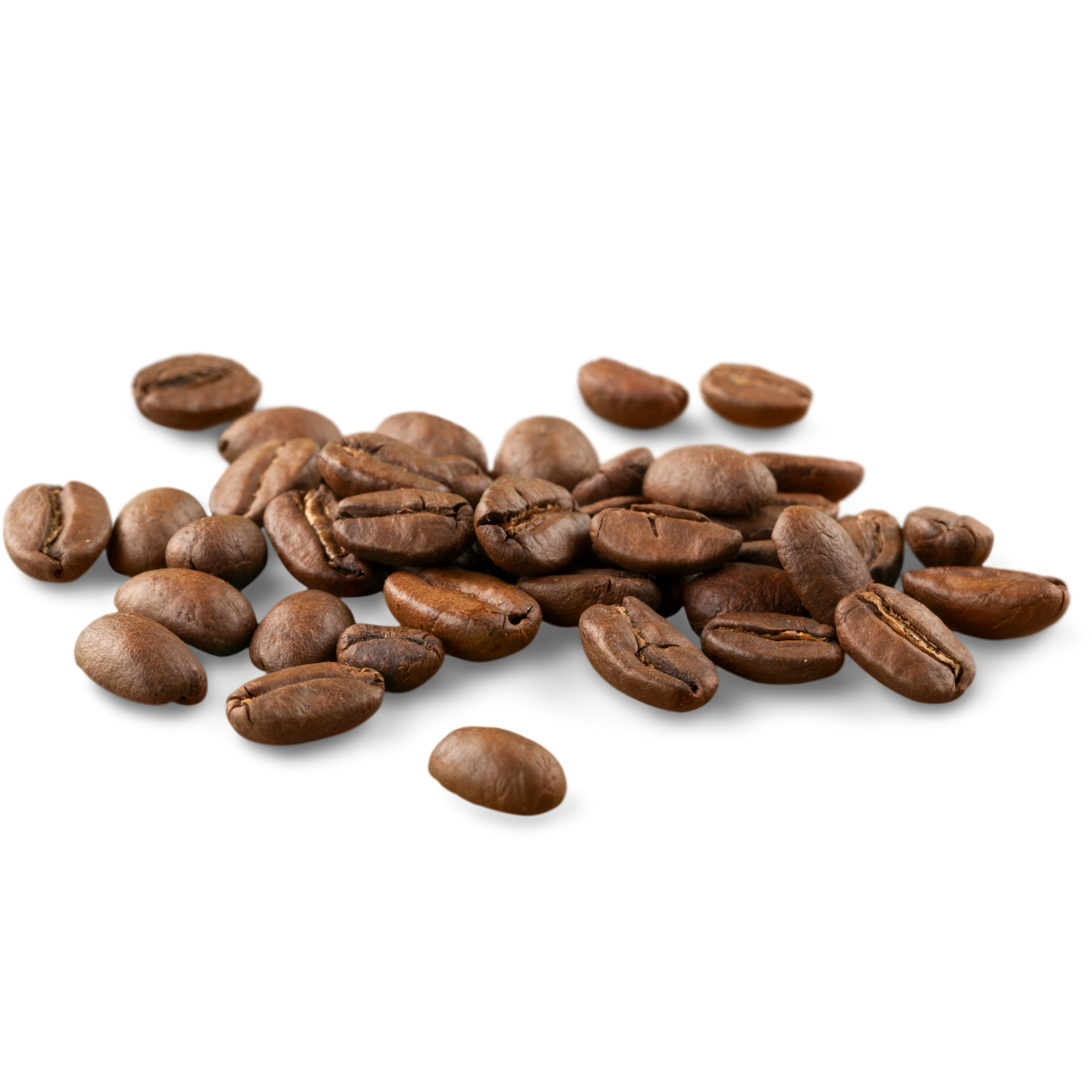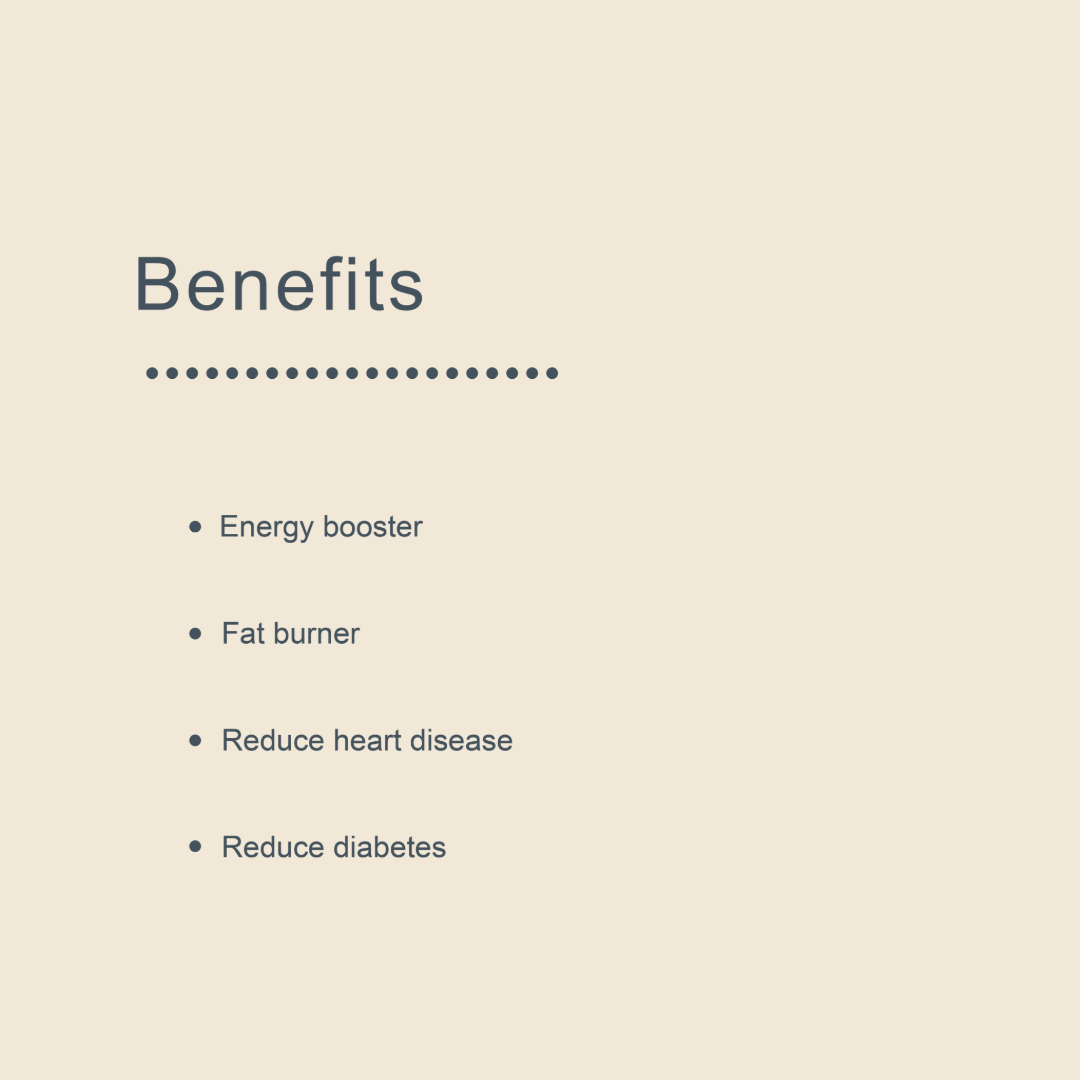
Coffee
Coffee cultivation is thought to have begun on the Arabian Peninsula in the 1400s. It gained popularity in Europe and the Americas as an alternative to tea in the 18th century, quickly becoming a worldwide hit. Let's clear something up: Caffeine isn’t evil – but the high amounts combined with the high acidity of most regular coffee can wreak havoc on your body over time.

Our coffee provides the right amount of caffeine to give you a boost of energy and that classic flavor you love, without causing the crash, digestive issues, or jitters of regular coffee.
Backed by science.
We want to know the research behind the ingredients we consume. We hope you do too. Coffee and caffeine, consumed since the 15th century, are rich in antioxidants and provide numerous health benefits. Research shows they enhance focus, boost energy, support heart health, and improve cognitive function. With centuries of use and extensive studies confirming their benefits, coffee and caffeine remain essential for energy and well-being.
